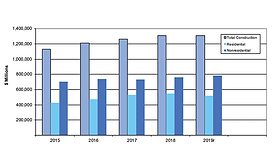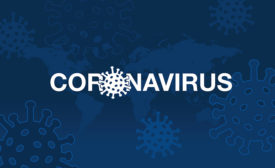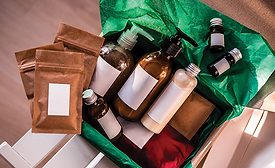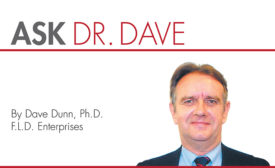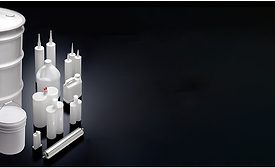Featured on Home Page
Many mastic users are either unaware that the sausage package option is available or they find it is not available in the brand they prefer.
Read More
Bio-Based Materials for Adhesives and Sealants: The Sustainability Revolution is Here
Fostering the bio-economy requires new technology that pushes the boundaries of bio-based performance.
August 21, 2020
From the Editor
Twice as Nice
This issue of ASI brings you our annual Distributor Directory, as well as the ever-popular ASI Top 20 listing of the world’s leading adhesives and sealants manufacturers.
August 19, 2020
Strategic Solutions
Market Dynamics for North American Sealants
Through 2019, the building and construction market was a sealants volume leader, followed by assembly operations and transportation.
August 17, 2020
2020 ASI Top 20: Leading Global Manufacturers of Adhesives and Sealants
We targeted sales figures (and other details) for finished adhesives and sealants, as well as related products, to develop the ASI Top 20 ranking of leading adhesive and sealant manufacturers.
August 12, 2020
Navigating the Adhesive and Sealant Industry through the COVID-19 Pandemic
The Adhesive and Sealant Council is supporting members during the coronavirus crisis with communication, education, and engagement opportunities.
August 10, 2020
Container Labeling for Adhesives and Sealants
Proper selection of label and labeler type enables the efficient application of labels on virtually every container shape used in the adhesives and sealants industry.
August 6, 2020
Ask Dr. Dave
Solvent-Based Adhesives
I was brought up using solvent-based adhesives, but they don’t seem to be as common these days. Is it just a safety issue? Are any of these adhesives still available?
August 4, 2020
Choosing the Ideal Packaging for Sealants and Adhesives
In addition to cost, many factors need to be considered when making packaging decisions for specific sealant and adhesive products.
August 3, 2020
COVID-19 and the Agile Supply Chain
Businesses need to take several steps in order to increase supply chain agility in the COVID-19 world.
July 29, 2020
Keep the info flowing with our eNewsletters!
Get the latest industry updates tailored your way.
JOIN TODAY!Copyright ©2024. All Rights Reserved BNP Media.
Design, CMS, Hosting & Web Development :: ePublishing






